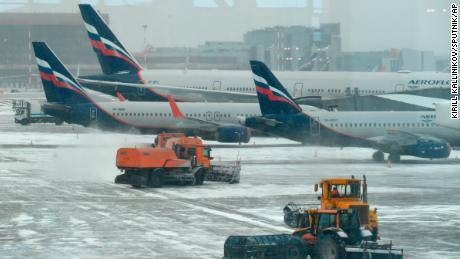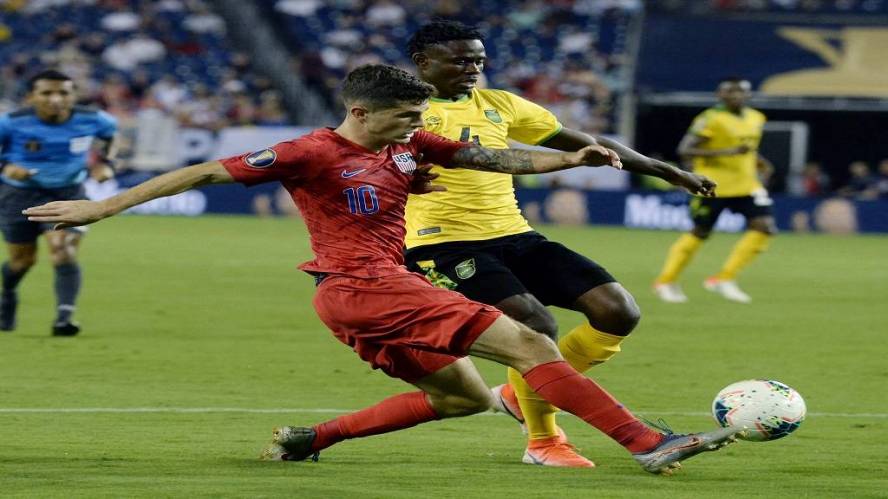Russia’s lost sanctions planes reached to 79

Sanctions in response to Russia's invasion of Ukraine have caused the nation's air carriers to lose 79 of their commercial jets, nearly 10% of their combined fleets.
The sanctions by multiple countries require the international aircraft leasing companies that own the jets to have repossessed them by the end of March. All the repossessed jets were outside of Russia at the time, and the leasing companies have either repossessed them or started the process to do so in court, according to Cerium. This aviation analytics firm tracks information about aircraft around the world.
When Russia invaded Ukraine on February 24, Russia's air carriers were operating 861 commercial planes, both passenger and cargo jets, Cerium said. Just over half of those planes, with an estimated market value of $9.2 billion, we’re owned by non-Russian leasing companies.
The Russian aviation industry depends on aircraft built in the West by Boeing and Airbus, but the planes are owned mainly by US and European leasing companies. The United States and most of Europe closed air space to Russia almost immediately after the invasion, and most of the jets at issue remained in Russia or quickly flew back there.
The Kremlin announced last month that it was nationalising all the planes that the leasing companies were attempting to repossess and took titles of nearly 500 planes that were in Russia.
Most major leasing companies, including Air Lease Corp. (AL), Aviation Capital Group, Avolon and SMBC Aviation Capital, declined to comment on the planes they had repossessed or Russia's actions to nationalize the planes still in Russia.
One Russian cargo jet owned by Singapore-based BOC Aviation, a unit of the Bank of China, was flown from Hong Kong and repossessed once it landed in California, according to a report from Reuters. Although Chinese companies don't want to directly confront Russia, said Aboulafia, they are looking to stay in the good graces of the global aviation industry.
"China is clearly moving to support their Russian friends [by not imposing its own sanctions], but the friendship only goes so far," he said. "This is business."






0 Comment